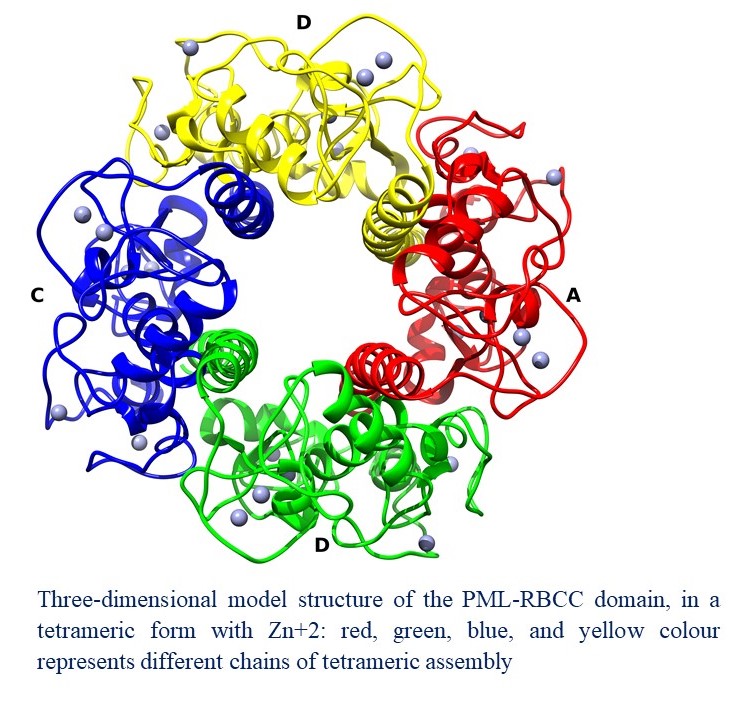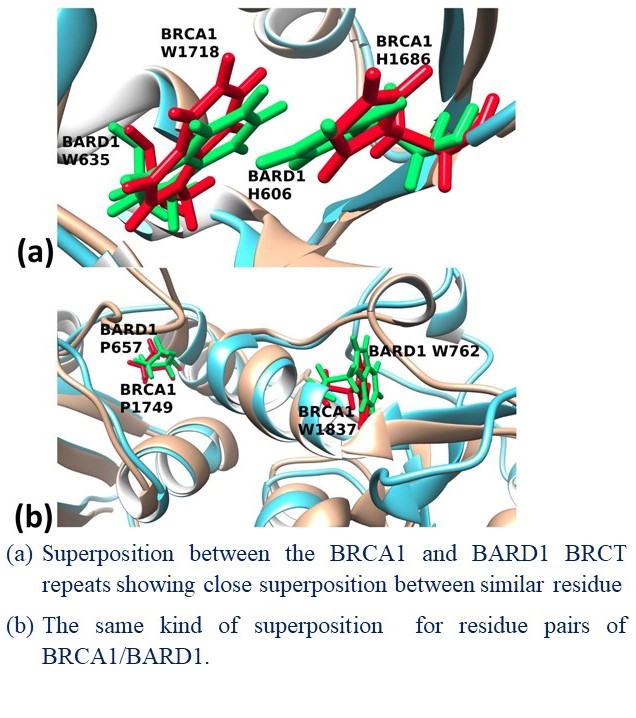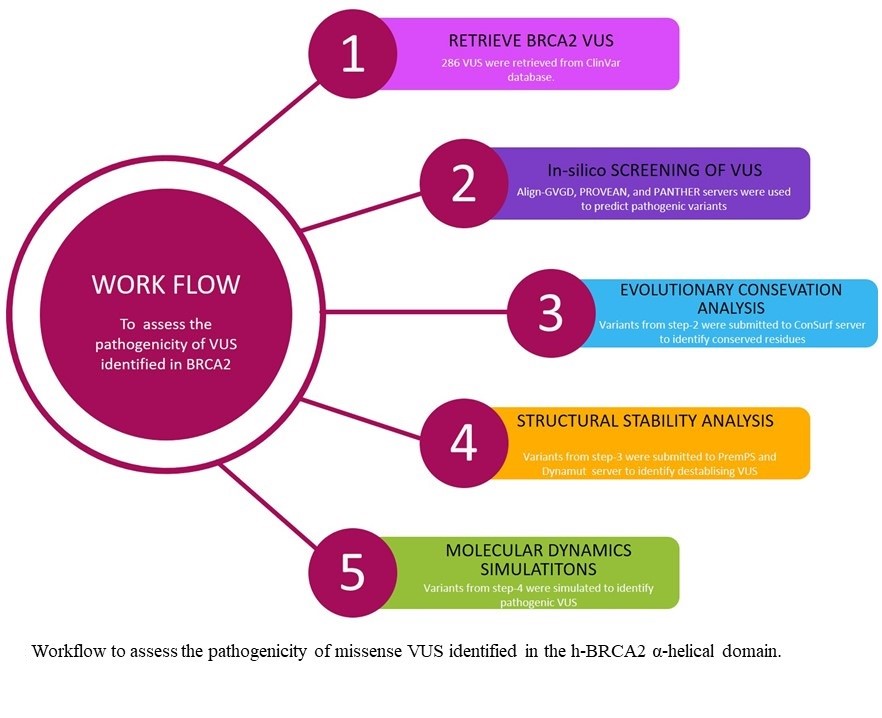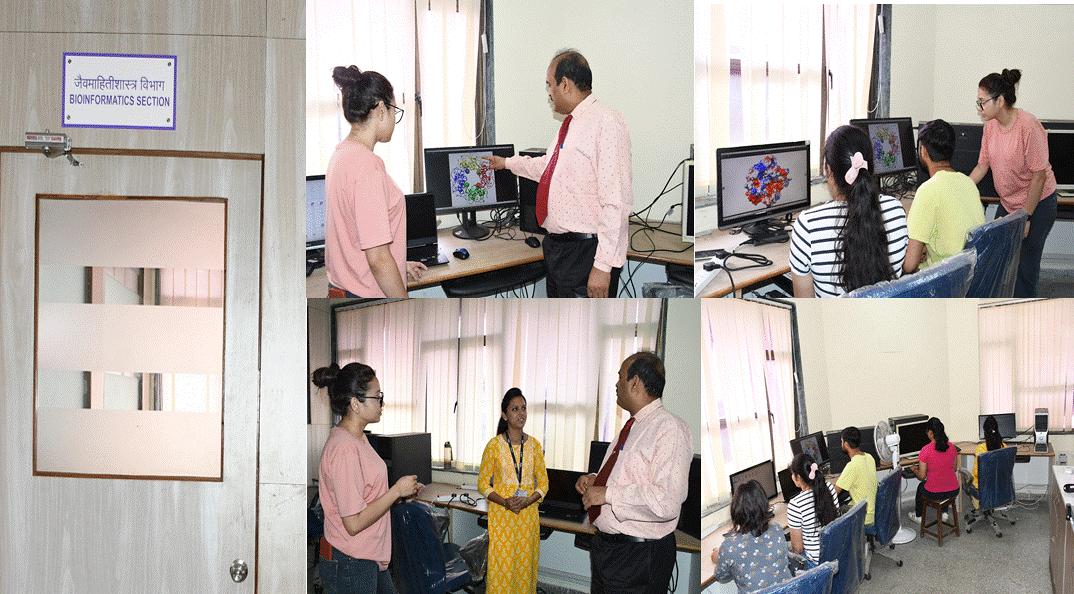ACTREC-TMC, Navi Mumbai
Unveiling Molecular Mechanisms and Advancing Translational Applications : The Pioneering Contributions in Bioinformatics and Computational Systems Biology of Cancer by ACTREC-TMC, Navi Mumbai
The Bioinformatics Center (BIC) at ACTREC-TMC excels in molecular modeling, microarray expression analysis, next-generation gene sequence analysis, and structure-guided inhibitor design, The Center is equipped with state-of-the-art computational facilities, extending comprehensive support to scientists from ACTREC-TMC and neighboring institutions providing extensive assistance to project staff and scientists.
The center’s objectives encompass a comprehensive vision aimed at advancing cancer research and its translational applications. Central to this initiative is the establishment of the Indian Cancer Database for Translational Research at ACTREC (ICDTRA), focused specifically on Next-Generation Sequencing (NGS) data analysis, a pivotal step in understanding cancer at a molecular level. Complementing this, the endeavor involves conducting in-depth in-silico protein structure modeling and dynamic studies. The center strives to pursue basic research with direct translational applications aiming to bridge fundamental discoveries with practical implications in cancer treatment. Operating as a specialized training center, the center aims to nurture a cadre of skilled professionals equipped to tackle the complexities of cancer research. The services offered through the BIC-ACTREC center, foster collaboration and support a broader spectrum of research and analysis in the field of cancer biology.


This center’s expertise in NGS data analysis plays a pivotal role in supporting clinicians at the Tata Memorial Centre by providing essential insights for clinical data analysis. The center has successfully identified the pathogenicity of genetic variants in BRCA1/2 genes among breast cancer populations. Additionally, it has explored variants in the PML RARA gene associated with resistance to Arsenic Trioxide. A proteomics- based approach on HNSCC has identified potential early-detection biomarkers that need validation across larger patient cohorts. The center is equipped with high-end workstations for WES analysis. Variant identification from BRCA1 gene sequencing has been categorized according to IARC classification using these high-end workstations. Additionally, a panel of twelve proteins has been identified to aid in the early identification of patients prone to developing resistance to radiotherapy.
The NNP project involves collaborative efforts with Mizoram University, Tezpur University, MGIMS Sevagram, and Jamia Millia Islamia. The investigators contributing to this project belong to diverse fields of medicine and basic science, showcasing exceptional expertise in their respective domains. Their collective knowledge and experience will significantly contribute to the project's multifaceted approach and potential impact in the field of cancer research and clinical applications.


